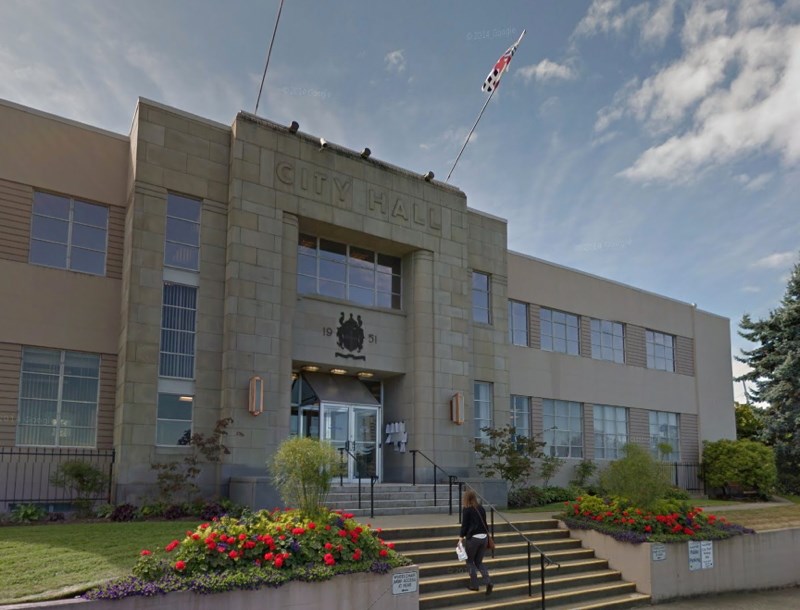Nanaimo might end this year with the dubious honour of receiving the most freedom of information requests of all B.C. municipalities.
A staff report going to Nanaimo council on Monday said that the city is on track for 624 requests in 2018. It received 168 requests in the first three months of this year.
For context, Vancouver’s total last year was 536 and Surrey’s was 530, the report said. Victoria’s total was 118 in 2017.
Nanaimo’s current record of FOI requests was set in 2016, when 263 were submitted.
The number of requests has been increasing steadily in the past five years, Sheila Gurrie, Nanaimo corporate officer and city clerk, said in her report.
In 2013, Nanaimo received 109 FOI requests.
Individuals, media, businesses, lawyers, insurance companies and other public bodies are among those seeking information.
Three individuals or organizations have filed 10 or more requests: There have been 36 from one media outlet, 12 from one individual and 11 from a law firm.
Not only are there more requests — they are also more technical and detailed, Gurrie said.
Staff spend between 15 and 20 hours per day handling FOI files in the city’s legislative services department, she said. Those hours do not include time spent finding and retrieving records from other city departments.
The report does not address why FOI requests are soaring.
Mike Larsen, president of the B.C. Freedom of Information and Privacy Association, said Nanaimo is receiving a “surprising amount of FOI requests.”
Without knowing the inside workings of the city’s FOI service, “I would probably attribute [the increase] to the contentious politics of Nanaimo over the last couple of years,” said Larsen, who is co-chairman of the criminology department at Kwantlen Polytechnic University.
Nanaimo has become known for its divisive politics including a series of personal disputes involving council members and some senior city staff. Frustrations have spilled out at heated public meetings and in-camera sessions.
FOI numbers can also rise when several similar requests come in from one organization, Larsen said.
As well, he said, “I don’t think the city of Nanaimo has anywhere near best practice when it comes to the public posting of FOIs online. Many other cities have indexed and searchable databases.”
As a result, people might file an FOI request without realizing that information has already been released, he said.
“This [Nanaimo’s FOI numbers] could be a reflection of a need to improve proactive disclosure and to post the results of previous requests.”
Gurrie’s report said that when staffing levels increase and resources are available, the city expects to post responses to routine requests online.
That would result in up to 30 per cent of request responses being available on the city’s website, she said. Not all responses can be posted because they involve information about individuals who are requesting information.
Former Nanaimo councillor Fred Pattje thinks it is unlikely the city will receive 600-plus requests this year.
Summer is traditionally a time when citizens turn attention elsewhere. And after Labour Day, they will be likely paying more attention to the Oct. 20 municipal election, he said.
“People will have that on their minds rather than going for FOI requests.”
Pattje, who served on council between 2008 and 2014, is a member of OurNanaimo. The group says it is in favour of better governance and better city planning.
He says there are more in-camera meetings now than during his tenure. “It would indicate to me that with these numbers, that there has not been enough transparency.”
Many matters — such as those dealing personnel issues — have to be dealt with in-camera because of their subject, Pattje said.
But, he said, “It leaves people wanting for information, for an acknowledgment that something is happening.”



